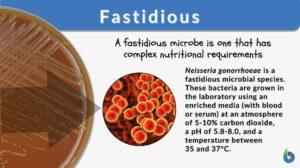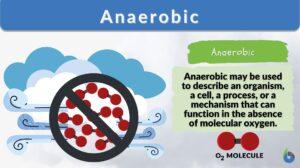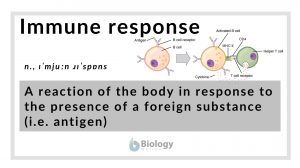Search Results for: microbiology
Microbiology
Definition noun The branch of science that deals with microorganisms and their effects on other living... Read More
Soil microbiology
soil microbiology The presence of bacteria, viruses, and fungi in the soil. This term is not restricted to pathogenic... Read More
Colony-forming unit
Colony Forming Unit Definition A Colony Forming Unit (CFU) in microbiology and cellular biology refers to a measure of... Read More
Group translocation
Group Translocation Definition Just like your “home” is a private place where you and your comfort are maintained due... Read More
Carbon fixation
Carbon Fixation Definition We know that the earth contains many elements. The periodic table shows us just how many... Read More
Cell morphology
The basic essence for any living organism is its structural framework which includes appearance, form, and the... Read More
Susceptible
Resistance, vulnerability, sensitivity, tolerance, and susceptibility are some highly important terminologies across the... Read More
Aerotolerant
Aerotolerant Definition The term "aerotolerant" pertains to an organism that does not require oxygen for growth but can... Read More
Fastidious
Fastidious Definition We can define fastidious as a term used in microbiology to denote a species that lacks the ability to... Read More
Aerobic bacteria
Aerobic Bacteria Definition What does aerobic mean in biology? As the name suggests, 'aerobe' in biology means organisms... Read More
Conjugation
Conjugation generally means the joining or coming together (union), such as in certain unicellular organisms (some bacteria,... Read More
Fermentation
Fermentation Definition What is fermentation? Fermentation is the breaking down of sugar molecules into simpler compounds... Read More
Unicellular
Unicellular organisms are organisms consisting of one cell only that performs all vital functions including metabolism,... Read More
Industrial Microbiology
Definition noun Related to environmental, social and economic importance that are engaged in the utilization of... Read More
Calvin cycle
Calvin Cycle Definition The Calvin cycle, also known as the Calvin Benson cycle or the dark reactions, is a series of... Read More
Opportunistic pathogen
Opportunistic Pathogen Definition How do we define opportunistic pathogen? The opportunistic pathogen is an infectious... Read More
Biology: Concepts & Connections with Student CD-ROM (5th Edition)
Biology: Concepts & Connections with Student CD-ROM (5th Edition) ... Read More
Phenol coefficient
Chemical disinfectants are categorized based on the power of their disinfection for microbes and viruses. Strong... Read More
Chemiosmosis
Chemiosmosis Definition What is chemiosmosis? In biology, chemiosmosis refers to the process of moving ions (e.g. protons)... Read More
Facultative anaerobe
Facultative Anaerobe Definition What does facultative anaerobe mean? Facultative organisms are the most adaptable... Read More
Thermophile
Thermophiles Definition What are thermophiles? Let us first understand the literal meaning of the word ‘thermophile’.... Read More
Immune response
Immune Response Definition An immune response is defined as the reaction of the body in response to the presence of a... Read More
Prodromal period
There are five stages (or phases) of a disease. (Hattis, 2020). These stages are (1) Incubation period, (2) Prodromal... Read More


































